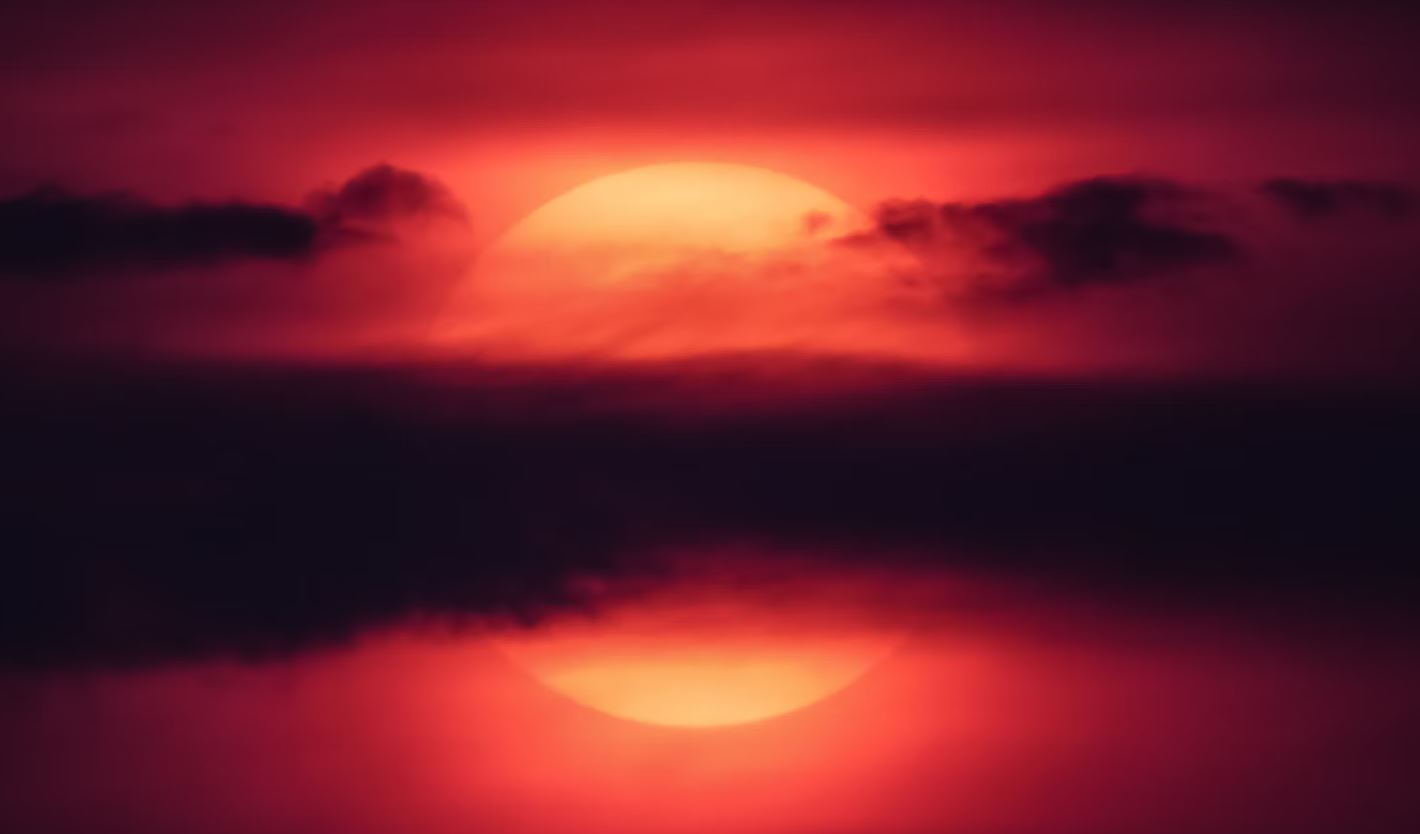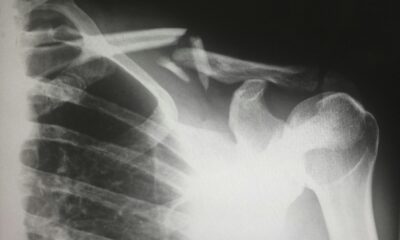Atomic Scientists Move Up Doomsday Clock

Credit: Unsplash
The Doomsday Clock is now at 90 seconds to midnight.
In 1945, Albert Einstein, along with several researchers on the Manhattan Project, founded the Bulletin of the Atomic Scientists. This group of atomic experts maintains the Doomsday Clock, an abstraction of how close modern society is to self-destruction via nuclear disaster. The Clock is adjusted on a yearly basis based on current events, and this week, it was adjusted again in an alarming direction.
“It’s a way to remind people of issues that are so big they post a threat to civilization as a whole,” said Steve Fetter, a professor of public policy at the University of Maryland and member of the Bulletin’s Science and Security Board, which sets the clock each year.
As of today’s adjustment, the Doomsday Clock is now at 90 seconds to midnight, moved up from its previous position at 120 seconds to midnight (midnight indicating a hypothetical nuclear disaster event). This is the closest the world has been to nuclear disaster since the first nuclear weapons were employed in World War II.
According to the members of the Bulletin of the Atomic Scientists, the primary culprit in this adjustment is Russia, due in no small part to its ongoing invasion of Ukraine. As Russia’s invasion has progressed, Russian President Vladimir Putin has ramped up his nuclear rhetoric, threatening to launch nuclear missiles at any country that attempts to oppose his invasion of Ukraine.
The Doomsday Clock was moved to 90 seconds to midnight today, Jan. 24, the closest it's ever been.
The Doomsday Clock is a decades-long project of the Bulletin of the Atomic Scientists featuring a clock face where midnight represents Armageddon. https://t.co/uG9vmchRXK pic.twitter.com/IFM1gmIjjT
— USA TODAY Graphics (@usatgraphics) January 24, 2023
“The threats are even more acute, and the failures of leadership even more damning. We live today in a world of interlocking crises, each illustrating the unwillingness of leaders to act in the true long-term interests of their people,” said Mary Robinson, former president of Ireland and former UN High Commissioner for Human Rights.














